Let’s state the obvious: job seeking is tough.
But here’s something you won’t hear often from someone who makes his living posting jobs on a job board: Online job boards give you a false sense of hope. What I mean is that it is easy to become too reliant on job boards as your only source of job prospects. It is easy for job boards to become too comfortable… sitting in front of your computer in your pajamas all morning, endlessly sending out resumes to jo b postings. The problem is that it is not easy to gain a lot of traction or progress with this shotgun approach. It is important that you approach job seeking as a full-contact sport, which means engaging with people and selling and marketing yourself through networking.
b postings. The problem is that it is not easy to gain a lot of traction or progress with this shotgun approach. It is important that you approach job seeking as a full-contact sport, which means engaging with people and selling and marketing yourself through networking.
Networking to most job seekers is scary. It is also one of the most misunderstood job seeking activities. At its most basic, networking means reaching out. Reaching out to people you already know and also developing new contacts, either through current relationships or through cold-calling and face-to-face introductions.
Networking means reaching out to friends, family, former colleagues, clients, vendors and others you know to gather information about new job prospects and contacts. But it can also mean introducing yourself to complete strangers at networking events, or (even scarier!) calling someone you’ve never met over the telephone and asking them for guidance and assistance.
Here’s why it is scary to call someone blindly: It is unnerving to put ourselves on display to be judged; it is difficult talking about ourselves; it is embarrassing having to ask for help and it is awkward having to ‘prove’ ourselves to complete strangers. Networking with strangers also means risking rejection. What if they don’t call me back? What if they are not interested in my background?
One job seeker I interviewed had a very common sense approach to cold-calling job prospects.
As part of his job search, Tom was researching companies and came across a mid-size marketing company that specialized in health care public relations. As a former mid-level PR manager at a hospital, he thought it was a good fit. He went on to LinkedIn and quickly found someone that worked at the company with the title “Director of Communications.” Better yet, he found that this person also had a background in hospital public relations and that they both belonged to the same professional association.
So armed with that information, he decided to call this person.
How do you start a conversation? What kind of message do you leave? What do you ask for?
He developed a script for his phone call and practiced it.
“Hi, my name is Tom. I’m on the hunt for a new job and I found your company online. I’ve got a background in hospital public relations and noticed that your company also represents many health care providers. I also noticed online that we’re both involved with the Health Care Communicators Association. I was hoping to have a few minutes of your time to discuss my background, see if there are any opportunities with your company and, even if there’s not, perhaps just pick your brain for five minutes about your background. Perhaps there’s some advice you can give me or hopefully you might be aware of some opportunities in your network of friends and colleagues. I’m happy to send you my resume and talk with you over the phone, or if you have 15 minutes, I’m also happy to bring in some bagels and coffee some morning and talk face-to-face.”
Armed with that short script, he called his contact.
For many people, these types of interactions take them out of their comfort zones. Asking for help from a complete stranger on the face of it seems awkward. But, as you can see, having a plan and a script made this scary phone call a lot easier.
|
And think about it this way: Isn’t that what sales people do? Develop a list of prospects, make good arguments for the quality of their product and how their product can benefit the other person/company and then, most importantly, MAKE THE ASK?
As job seekers, you are sales people. You are marketing yourself. You are promoting yourself. You are advertising that you are available to work. You are making the argument that all of your expertise, accomplishments, previous work experience, education and background is relevant and VALUABLE.
Purposefully taking yourself out of your comfort zone means you are willing to take a risk and do something that doesn’t come naturally to you. But what have you got to lose? Let’s say you make 10 phone calls to people you don’t know. Out of those 10, you get three meetings or conversations that help your job search. From those three conversations, you make another five contacts. Pretty soon, as you can see, you are now in full blown, full-contact networking job seeking mode. In addition to responding to job postings, you now have a network of individuals who have your resume in front of them and are helping you get the word out about your job search.
I don’t want to make this sound as if it is an easy or simple approach to job searching. You have to dedicate yourself to this approach in your job search and commit the time to this approach. It can also be frustrating: not everyone is going to call you back. But, I guarantee, most professionals have been unemployed at some time in their life and can empathize with your situation and are willing to help.








